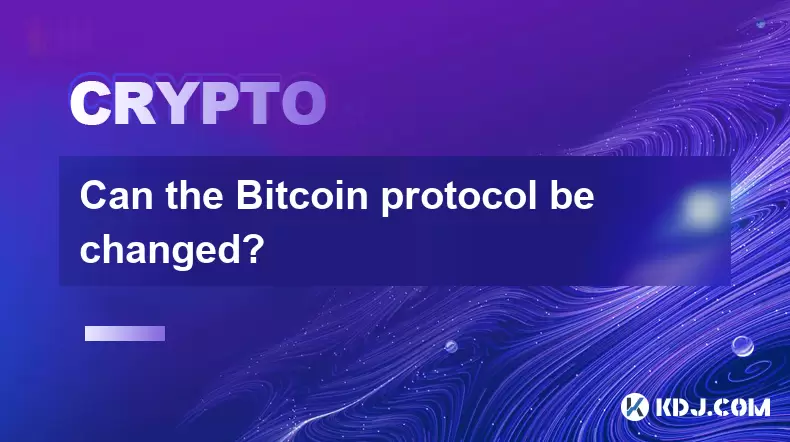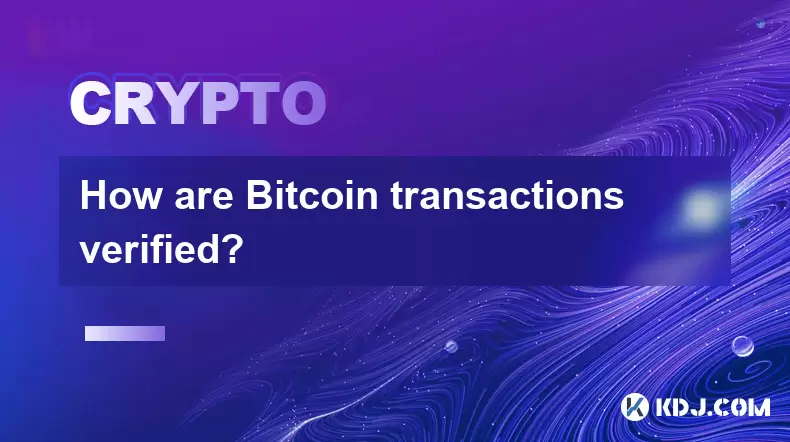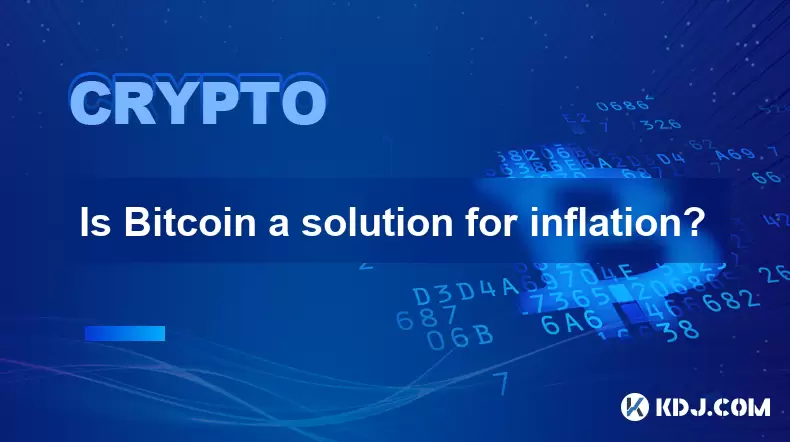-
 Bitcoin
Bitcoin $116800
0.06% -
 Ethereum
Ethereum $3916
2.20% -
 XRP
XRP $3.333
8.10% -
 Tether USDt
Tether USDt $1.000
0.02% -
 BNB
BNB $789.3
1.45% -
 Solana
Solana $177.6
2.58% -
 USDC
USDC $0.0000
0.02% -
 Dogecoin
Dogecoin $0.2232
4.03% -
 TRON
TRON $0.3384
0.01% -
 Cardano
Cardano $0.8005
4.26% -
 Stellar
Stellar $0.4651
11.58% -
 Hyperliquid
Hyperliquid $41.38
5.34% -
 Sui
Sui $3.828
2.87% -
 Chainlink
Chainlink $19.41
11.81% -
 Bitcoin Cash
Bitcoin Cash $581.4
0.02% -
 Hedera
Hedera $0.2623
3.12% -
 Avalanche
Avalanche $23.50
3.00% -
 Ethena USDe
Ethena USDe $1.001
-0.04% -
 Litecoin
Litecoin $121.8
0.85% -
 UNUS SED LEO
UNUS SED LEO $8.986
0.38% -
 Toncoin
Toncoin $3.359
1.47% -
 Shiba Inu
Shiba Inu $0.00001293
2.14% -
 Uniswap
Uniswap $10.61
4.95% -
 Polkadot
Polkadot $3.917
3.45% -
 Dai
Dai $1.000
-0.01% -
 Bitget Token
Bitget Token $4.461
1.26% -
 Cronos
Cronos $0.1516
2.47% -
 Monero
Monero $265.7
-5.07% -
 Pepe
Pepe $0.00001118
2.72% -
 Aave
Aave $283.4
3.76%
how to get money from bitcoin on cash app
By following these steps, Cash App users can easily convert their Bitcoin into cash, withdraw it to their bank accounts or debit cards, and access their funds within a few business days.
Oct 09, 2024 at 12:24 am

How to Get Money from Bitcoin on Cash App
Cash App, a popular mobile payment service, allows users to buy, sell, and store Bitcoin. If you have Bitcoin on Cash App and want to convert it to cash, here are the steps to follow:
1. Open the Cash App
Launch the Cash App on your mobile device.
2. Tap the Bitcoin Tab
At the bottom of the screen, tap the "Bitcoin" tab.
3. Select "Sell Bitcoin"
On the Bitcoin tab, tap the "Sell Bitcoin" button.
4. Enter the Amount
Enter the amount of Bitcoin you want to sell. You can choose to sell all your Bitcoin or a specific amount.
5. Review and Confirm
Review the details of your sell order, including the price and estimated amount you will receive in cash. Tap the "Sell" button to confirm.
6. Select Withdrawal Method
Choose how you want to withdraw the proceeds of your sale. You can withdraw to your linked bank account or debit card.
7. Enter Withdrawal Details
Depending on the withdrawal method you selected, enter the necessary details, such as your bank account number or debit card information.
8. Confirm Withdrawal
Review the withdrawal details and tap the "Confirm" button to complete the withdrawal.
9. Wait for Proceeds
The proceeds from your Bitcoin sale will be deposited into your selected withdrawal account within 1-3 business days.
Tips:
- To minimize fees, consider selling your Bitcoin during off-peak hours when the transaction volume is lower.
- Keep your Cash App up to date to ensure you have the latest security features.
- Store your Bitcoin in a secure digital wallet to protect it from unauthorized access.
Disclaimer:info@kdj.com
The information provided is not trading advice. kdj.com does not assume any responsibility for any investments made based on the information provided in this article. Cryptocurrencies are highly volatile and it is highly recommended that you invest with caution after thorough research!
If you believe that the content used on this website infringes your copyright, please contact us immediately (info@kdj.com) and we will delete it promptly.
- BlockchainFX: The Crypto Presale Investors Can't Ignore
- 2025-08-08 19:10:12
- Pump.fun, Memecoins, Glass Full: Solana's Launchpad Wars Heat Up!
- 2025-08-08 18:50:12
- Crypto Market Heats Up: Altcoin Spree Drives Market Cap to $3.87T
- 2025-08-08 19:05:02
- Cardano (ADA) Price Gears Up: Open Interest Surges Amidst Key Resistance Retest
- 2025-08-08 19:15:42
- Bitcoin, Meme ICOs, and FOMO: Catching the Next Crypto Wave
- 2025-08-08 18:30:34
- OM, Investment, and Growth: Decoding the Latest Trends in Digital Assets
- 2025-08-08 18:30:34
Related knowledge

Can the Bitcoin protocol be changed?
Aug 07,2025 at 01:16pm
Understanding the Bitcoin ProtocolThe Bitcoin protocol is the foundational set of rules that govern how the Bitcoin network operates. It defines every...

How are Bitcoin transactions verified?
Aug 08,2025 at 06:57am
Understanding Bitcoin Transaction VerificationBitcoin transactions are verified through a decentralized network of nodes and miners that ensure the le...

How does decentralization make Bitcoin secure?
Aug 08,2025 at 09:35am
Understanding Decentralization in BitcoinDecentralization is a foundational principle of Bitcoin's architecture and plays a critical role in its secur...

What are some common misconceptions about Bitcoin?
Aug 07,2025 at 07:22pm
Bitcoin is Just Like Regular MoneyA widespread misconception is that Bitcoin functions identically to traditional fiat currencies like the US dollar o...

What is the role of nodes in the Bitcoin network?
Aug 08,2025 at 04:14pm
Understanding the Function of Nodes in the Bitcoin NetworkNodes are fundamental components of the Bitcoin network, serving as the backbone that ensure...

Is Bitcoin a solution for inflation?
Aug 08,2025 at 04:57am
Understanding Inflation and Its Impact on Traditional CurrenciesInflation refers to the sustained increase in the price of goods and services over tim...

Can the Bitcoin protocol be changed?
Aug 07,2025 at 01:16pm
Understanding the Bitcoin ProtocolThe Bitcoin protocol is the foundational set of rules that govern how the Bitcoin network operates. It defines every...

How are Bitcoin transactions verified?
Aug 08,2025 at 06:57am
Understanding Bitcoin Transaction VerificationBitcoin transactions are verified through a decentralized network of nodes and miners that ensure the le...

How does decentralization make Bitcoin secure?
Aug 08,2025 at 09:35am
Understanding Decentralization in BitcoinDecentralization is a foundational principle of Bitcoin's architecture and plays a critical role in its secur...

What are some common misconceptions about Bitcoin?
Aug 07,2025 at 07:22pm
Bitcoin is Just Like Regular MoneyA widespread misconception is that Bitcoin functions identically to traditional fiat currencies like the US dollar o...

What is the role of nodes in the Bitcoin network?
Aug 08,2025 at 04:14pm
Understanding the Function of Nodes in the Bitcoin NetworkNodes are fundamental components of the Bitcoin network, serving as the backbone that ensure...

Is Bitcoin a solution for inflation?
Aug 08,2025 at 04:57am
Understanding Inflation and Its Impact on Traditional CurrenciesInflation refers to the sustained increase in the price of goods and services over tim...
See all articles

























































































